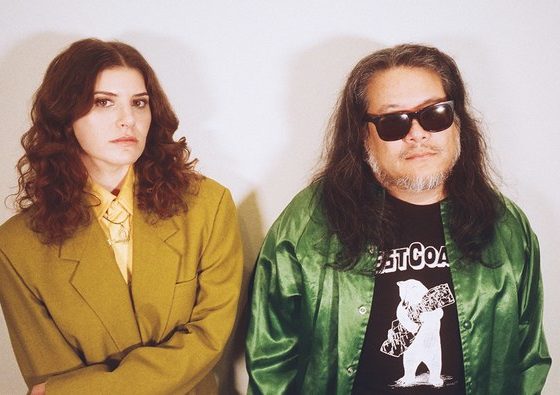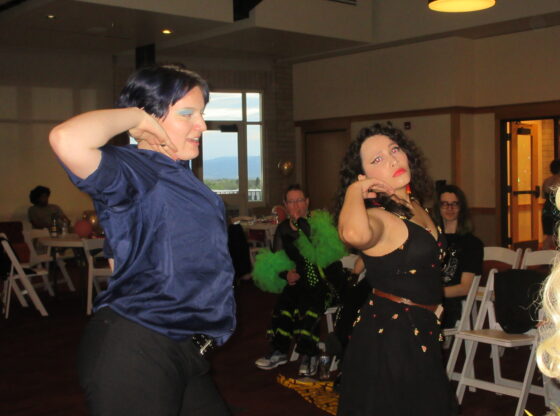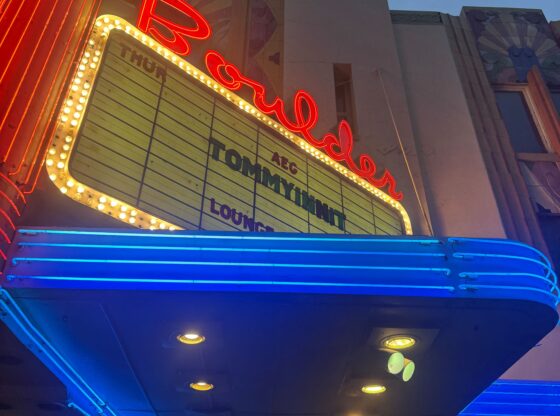The fourth studio album, “Always Tomorrow,” by American rock duo Best Coast was released Feb. 21 through Concord Music. It is the band’s first studio album to be released in five years, but the comeback is not impressive.
The band emerged from Los Angeles in 2010, becoming popular for their carefree and childlike disposition. They’ve been regarded as “pursuing an unexpected sense of purpose” in response to a 2009 recession that primarily affected Brooklyn, NY after “the sub-prime mortgage collapse had precipitated what was then the largest single-day point drop in Dow Jones history.” With nearly 9 million out of work in America, the future looked bleak, and a microgenre of music dubbed “chillwave” surfaced that looked to the past for hope and comfort. Best Coast was one the bands that relied on this newfound vintage aesthetic but despite their good intentions, their music just doesn’t live up to expectations.
After the 2015 release of their last album “California Nights,” the band’s songwriter, guitarist and vocalist Bethany Cosentino said that she felt “creatively paralyzed” and “couldn’t write music.” These are uncertainties that transferred to the 11-track album.
With a beat that falls flat, “Always Tomorrow” does little to distinguish itself both artistically and musically. The first opening songs, “Different Light” and “Everything Has Changed,” were also not promising, lacking cohesion and an enjoyable rhythm.
The album becomes slightly more substantial as it picks up with the third track, “For the First Time,” with heart and authenticity reminiscent of the band’s traditional surf-rock rhythm. Lyrics like “I am the queen of the graceless kids / Guess they see something in me / Wish that I could see what they see,” from the fourth track, “Graceless Kids,” create a nostalgic understanding of balancing conformity and independence.
Some songs do embark on difficult subjects, such as the lulling track “Rollercoaster,” which addresses complex issues like mortality in a society that promotes individuality and guidance. Lyrics like “Still terrified of things like life and death / No matter how many self-help books I’ve read” showcase the struggles of coming to terms with the uncertainty of the future.
There is little experimentation throughout the rest of the album with only a few songs that encompass lively undertones. “Master of My Own Mind” sounds like “Wreckage,” and “Wreckage” sounds like “Graceless Kids.” This in-distinctiveness adds consistency to the overall album but completely undermines creative originality. If Best Coast is attempting to bring back or revamp the 50’s and 60’s beach party/surfer music, they fail miserably. The historical, social turmoil and injustice associated with The Beach Boys’ era that Best Coast is clearly trying to recreate does not belong in 2020.
The ending of the album and final tracks also do not live up to the album’s potential. The middle tracks are perhaps a fun ride, but the last tracks match the opening dullness. With only 11 songs, the album goes by quickly. Though it might be entertaining for a 40-minute road trip, it’s not something of inventive or elegant novelty.











